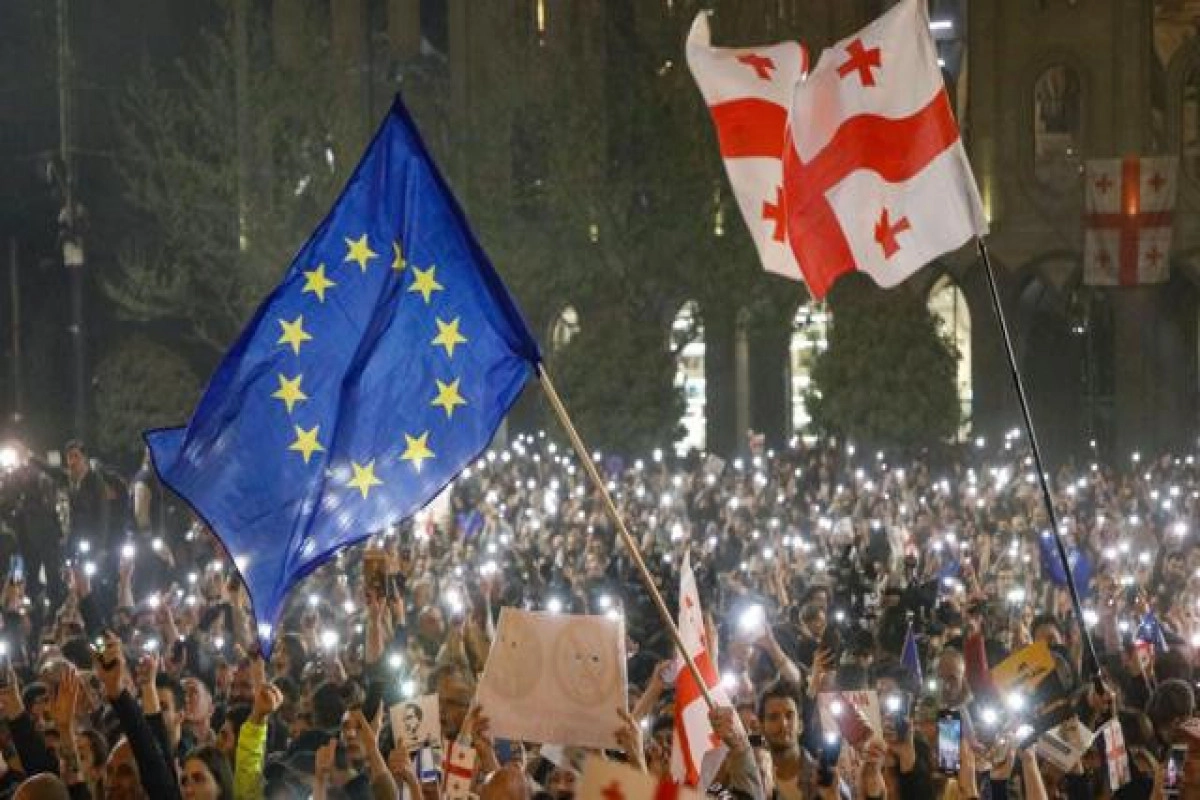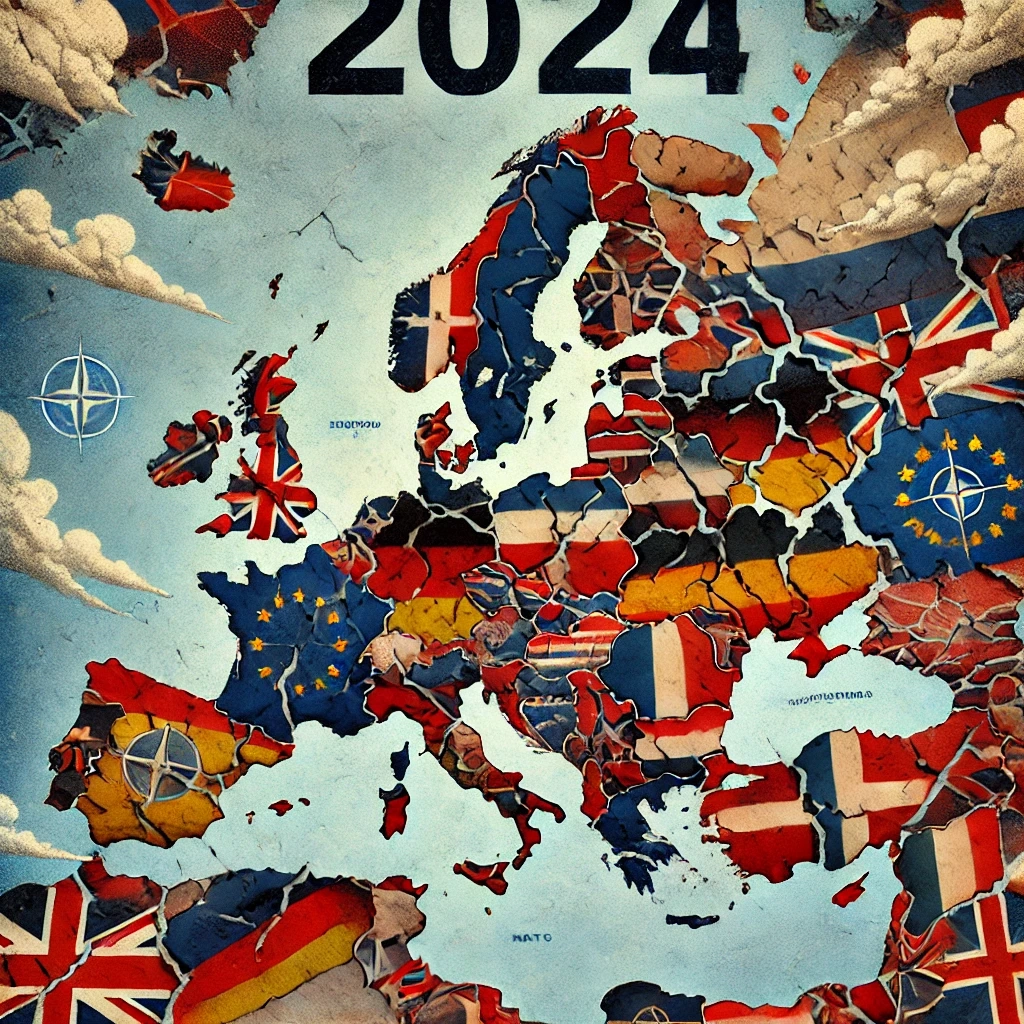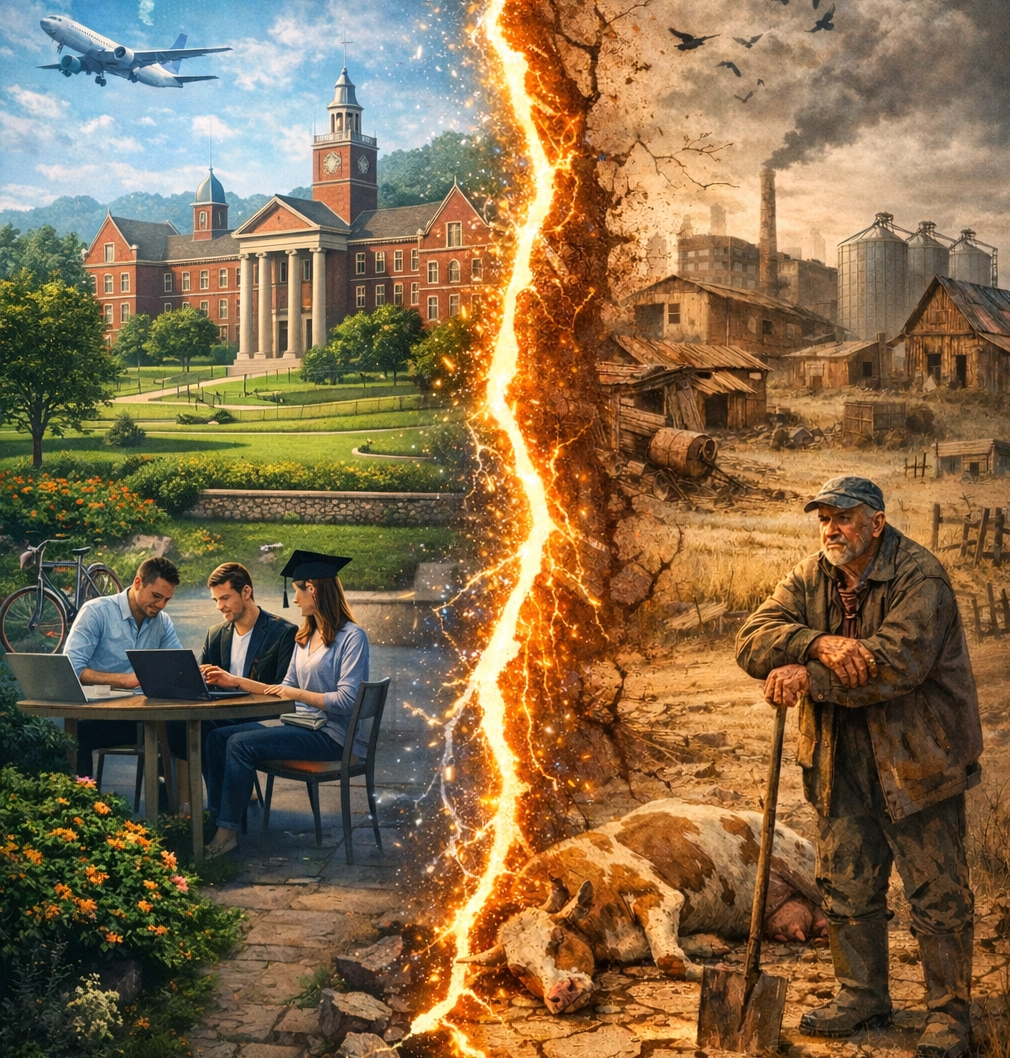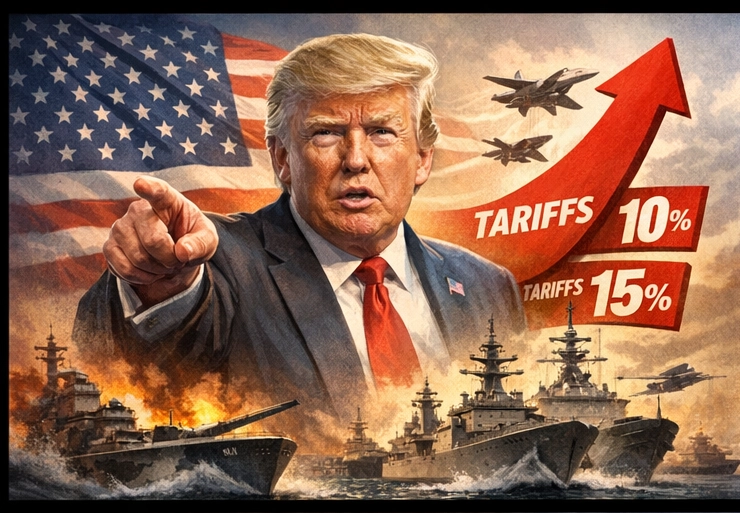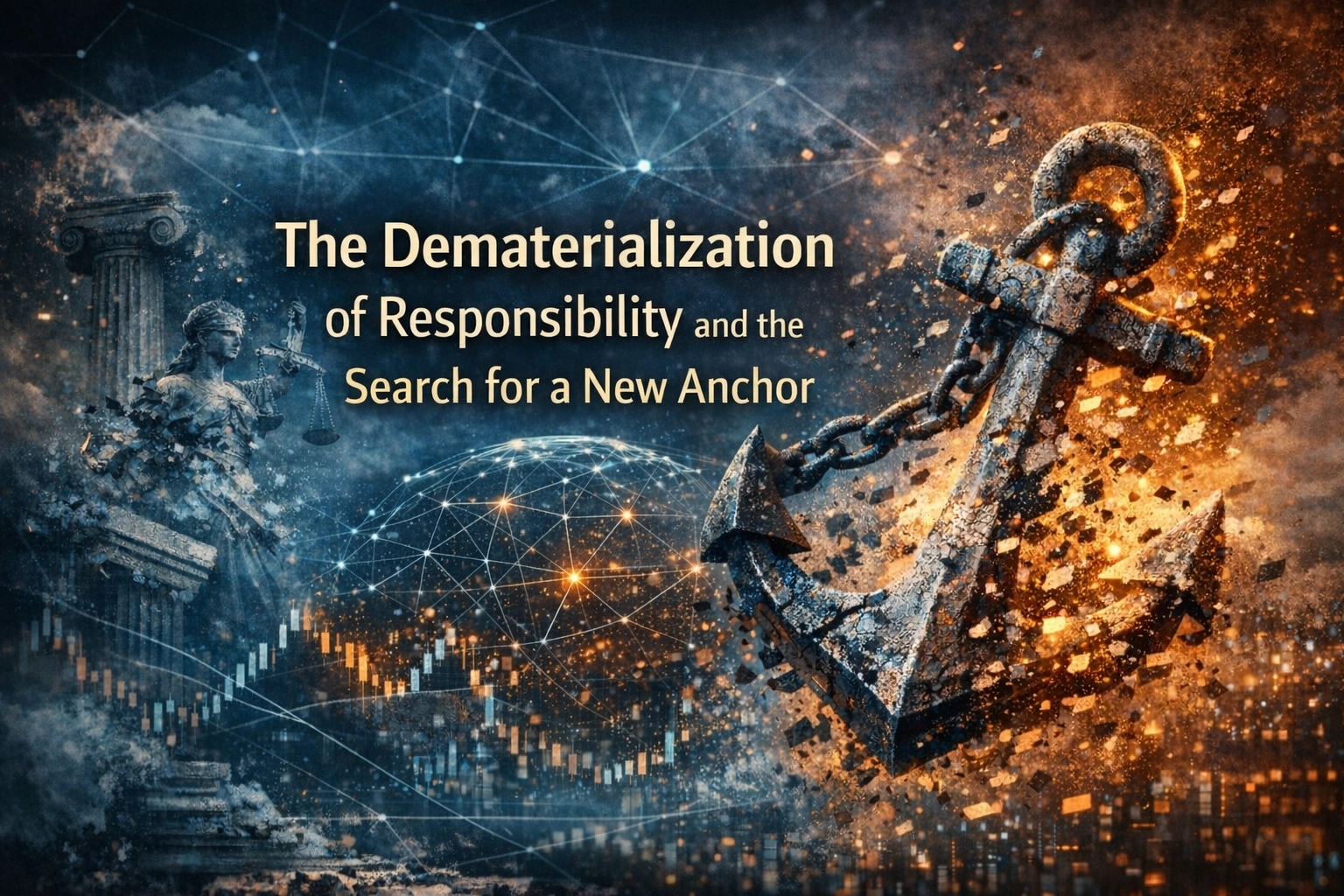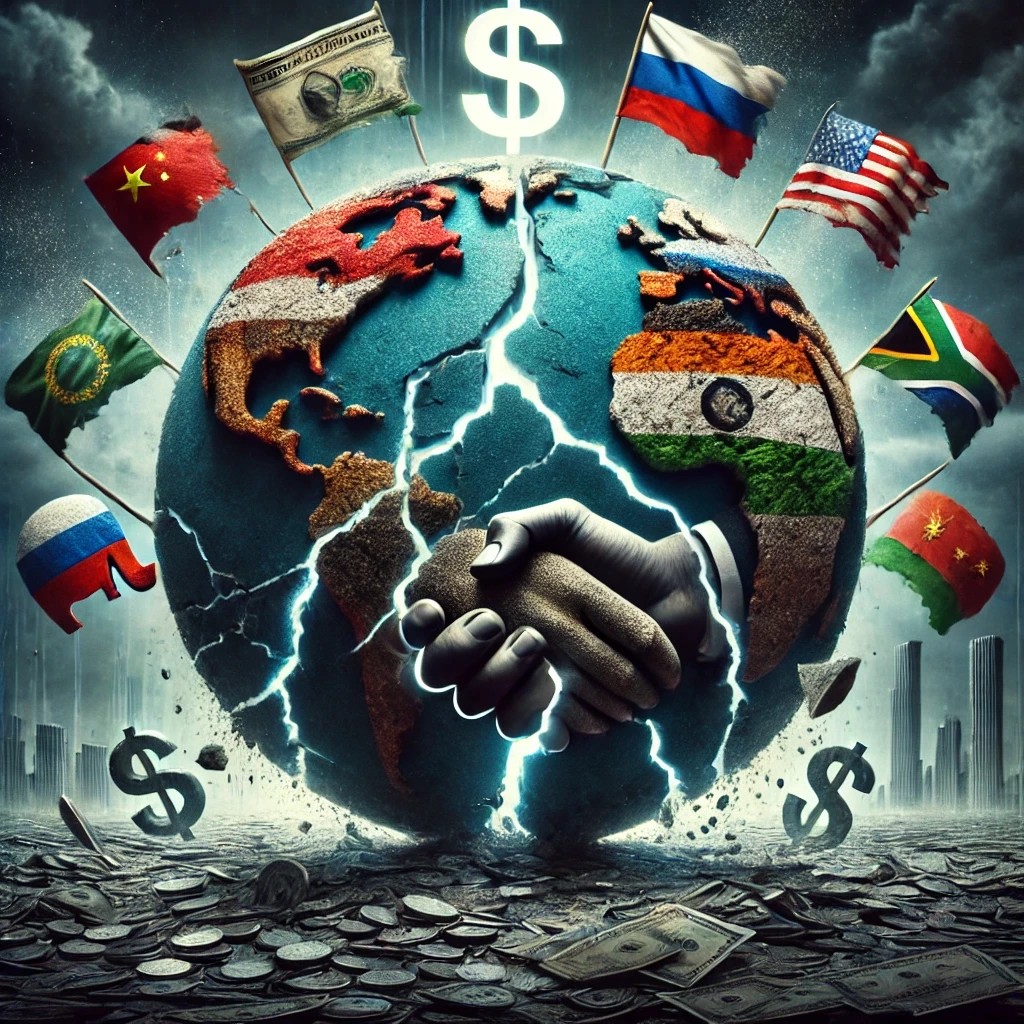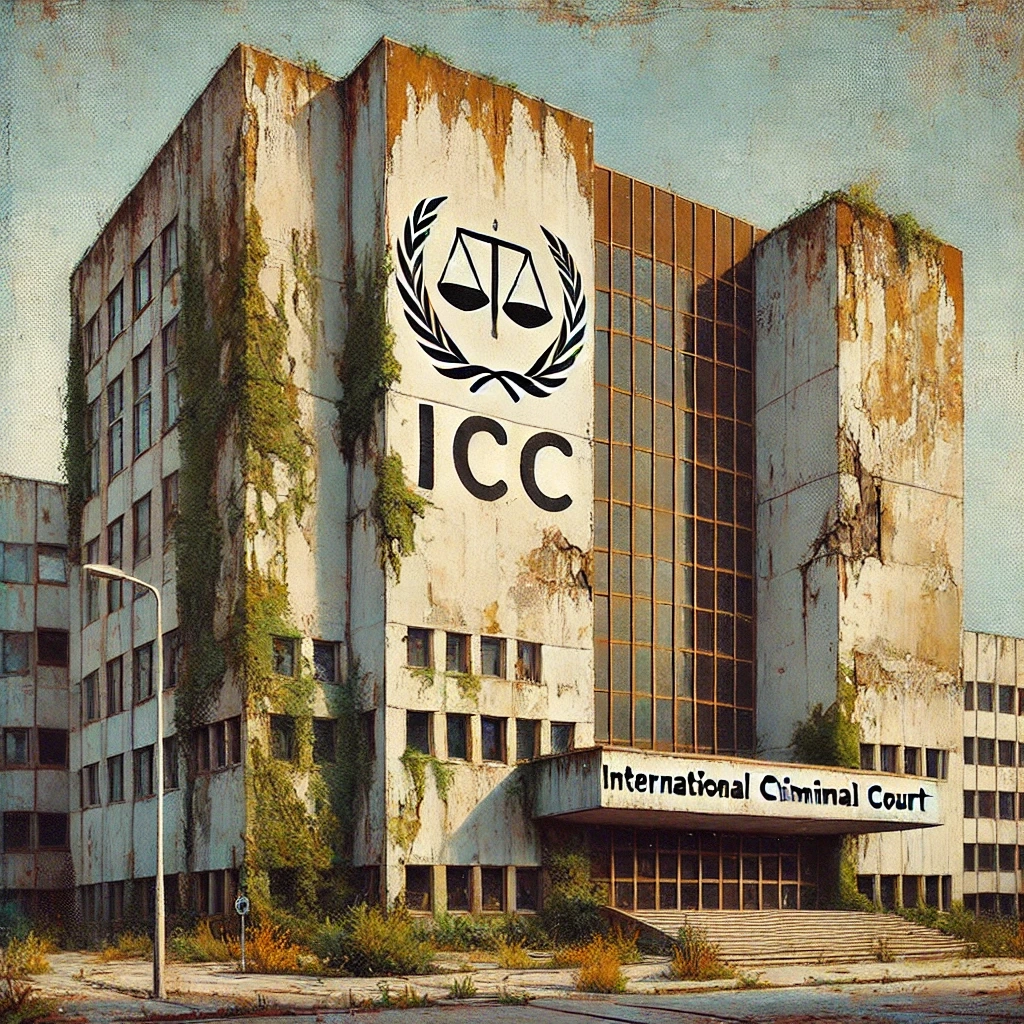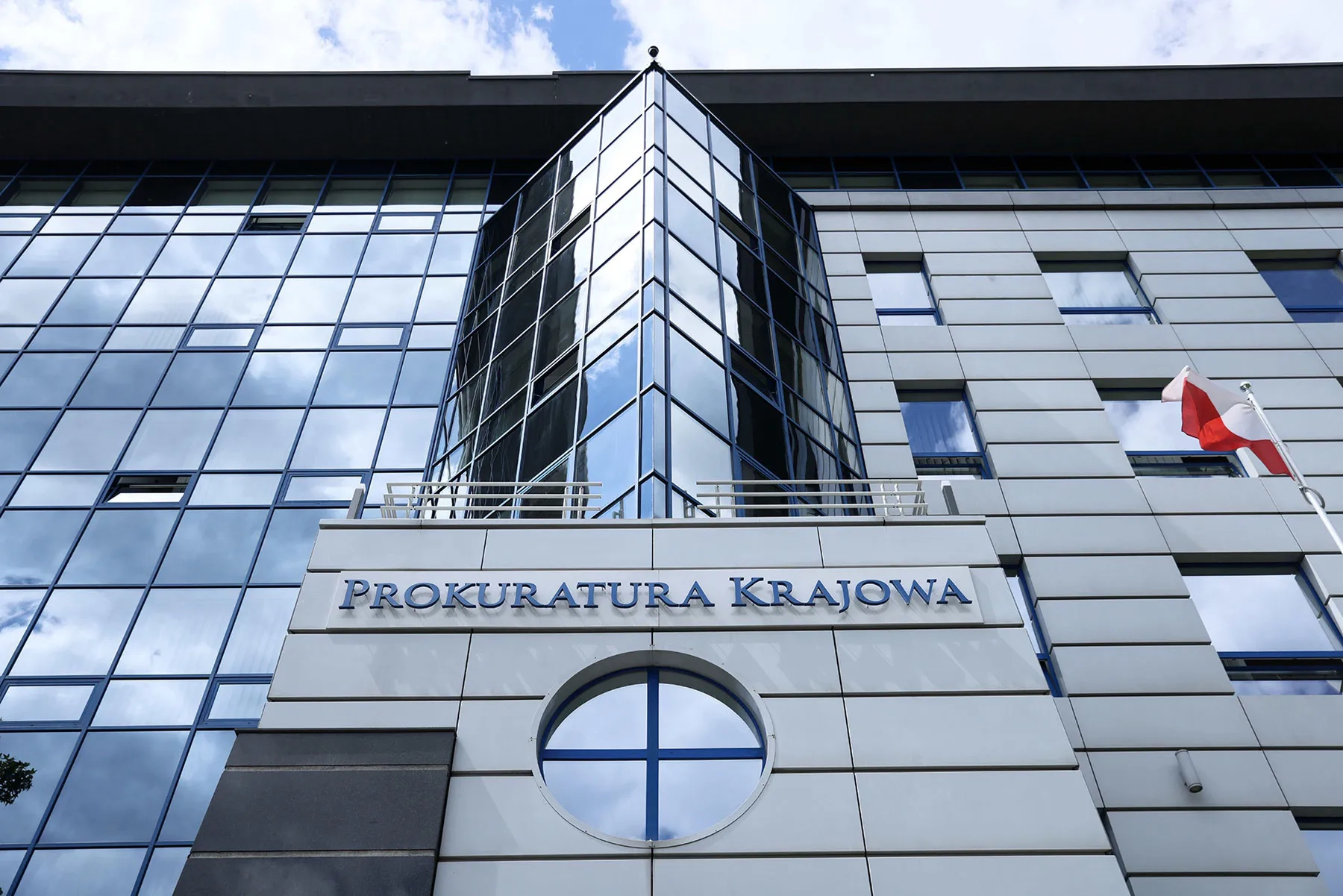Today, India holds a state funeral for Dr. Manmohan Singh, the former Prime Minister who passed away in New Delhi on Thursday at the age of 92. Renowned as an exceptional economist and statesman, Dr. Singh is celebrated as the father of India’s economic reforms, leaving behind a legacy that transformed the country’s economic and technological landscape.
Dr. Singh served as India’s Prime Minister from 2004 to 2014. However, his tenure as Finance Minister in the early 1990s remains his most significant contribution. His reforms hold particular relevance today, especially for nations like Belarus and Russia, which are moving in the opposite direction—towards isolation, bureaucratic overregulation, and economic stagnation.
In 1991, India, with its strictly regulated economy, faced a severe crisis marked by dwindling foreign reserves and an imminent economic collapse. At the time, the country’s exports were minimal, relying on traditional goods such as tea, spices, and textiles. To secure desperately needed foreign currency to import essential goods and equipment, the government resorted to shipping its gold reserves to London—a stark symbol of the economic turmoil.
Amid this crisis, Finance Minister Singh introduced one of the most radical budgets in India’s history. This transformative budget dismantled the socialist framework, opened the economy to foreign direct investment, reduced import tariffs, and eliminated a labyrinthine bureaucracy that had stifled private enterprise and innovation for decades. These reforms not only stabilized the economy but also laid the groundwork for decades of sustainable growth.
A Leader of Substance
Dr. Singh’s understated demeanor and lack of oratorical flair were often criticized. Yet his profound knowledge, humility, and pragmatic approach earned him deep respect across the political spectrum. His leadership style was frequently compared to that of Deng Xiaoping, who spearheaded China’s economic transformation in 1978, catapulting the nation to the world’s second-largest economy within three decades. Both leaders were known for prioritizing expertise and pragmatism over demagoguery. They stood in sharp contrast to the populist leaders of Africa and Latin America, whose policies often trapped their nations in cycles of poverty and violence.
Building a Modern Economy
Beyond stabilizing the economy, Dr. Singh was instrumental in the creation of India’s technology parks, which became the cradle of the country’s IT revolution. By the late 1990s, these parks had driven the rapid growth of India’s IT industry, establishing the country as a global outsourcing hub. Inspired by these achievements, I founded the Belarus Hi-Tech Park in 2005, using lessons from India to draft a legal framework tailored to Belarus’s technology sector.
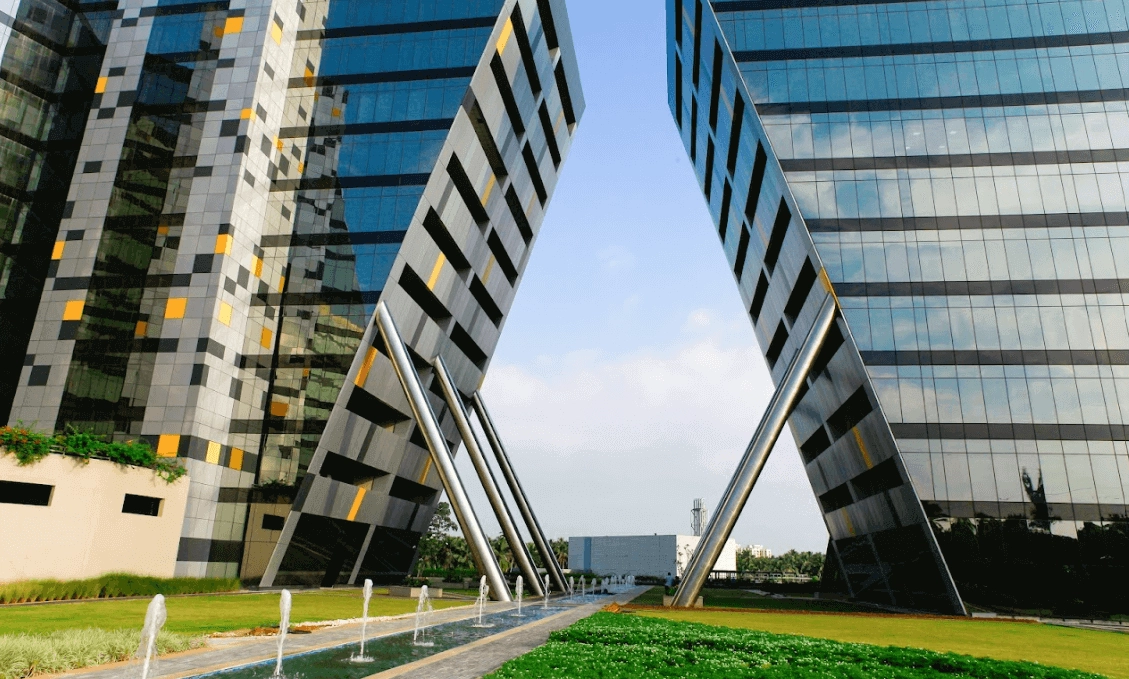
In 2022, software exports reached $193 billion.
The biotechnology sector, supported by over 2,700 startups and 2,500 companies, made India a global hub for affordable and innovative medicines. These include vaccines and biopharmaceutical products exported worldwide, even to Belarus, whose pharmaceutical industry has virtually disappeared.
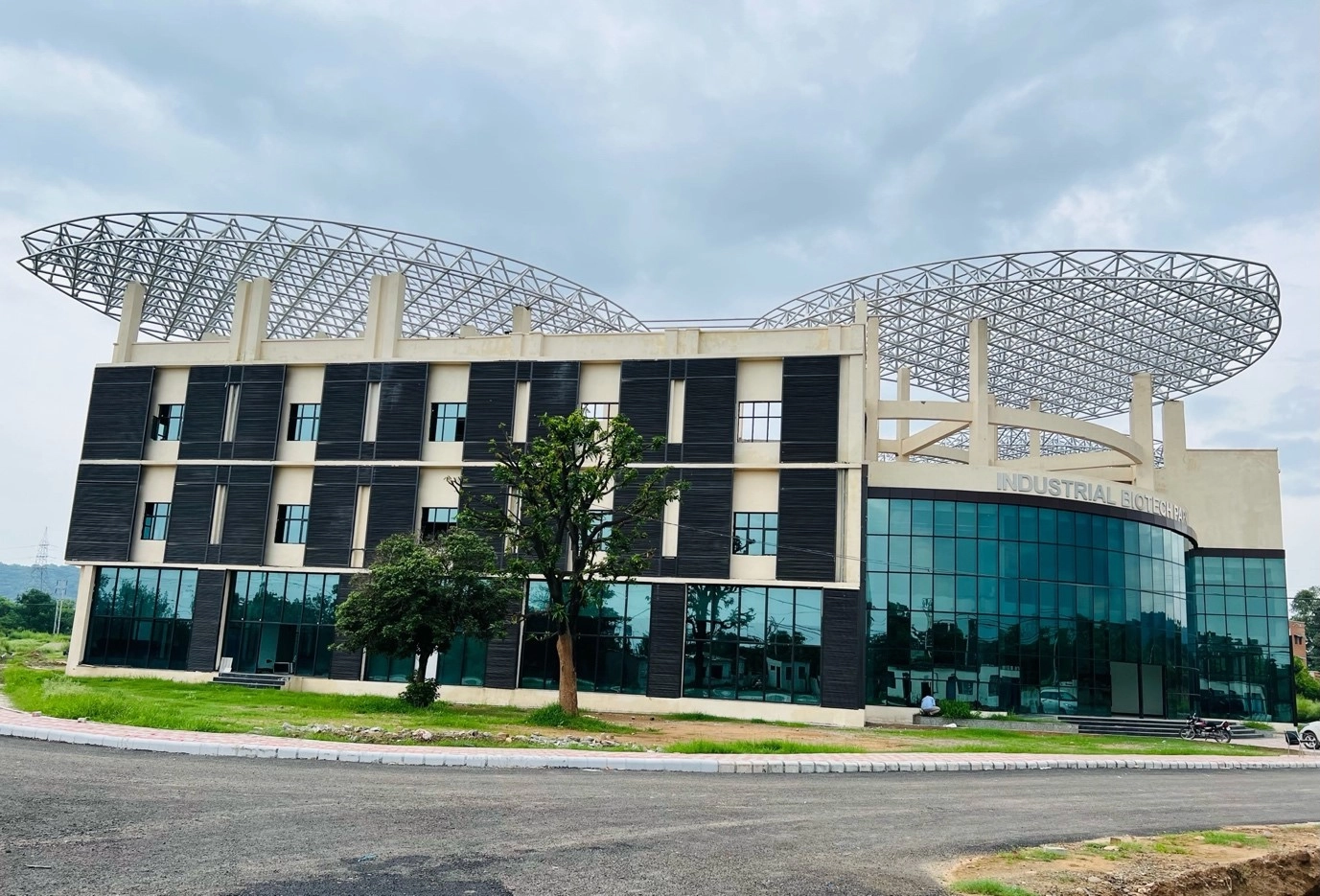
By 2025, India’s biotechnology sector is expected to reach $150 billion in value, with annual exports exceeding $25 billion.
While India’s IT and biotech sectors are well-known, fewer people recognize the meteoric rise of its automotive industry, which grew from almost nothing. In stark contrast to the struggling automotive sectors of Belarus and Russia, which have lost ground in both domestic and international markets, India’s automotive industry is thriving.
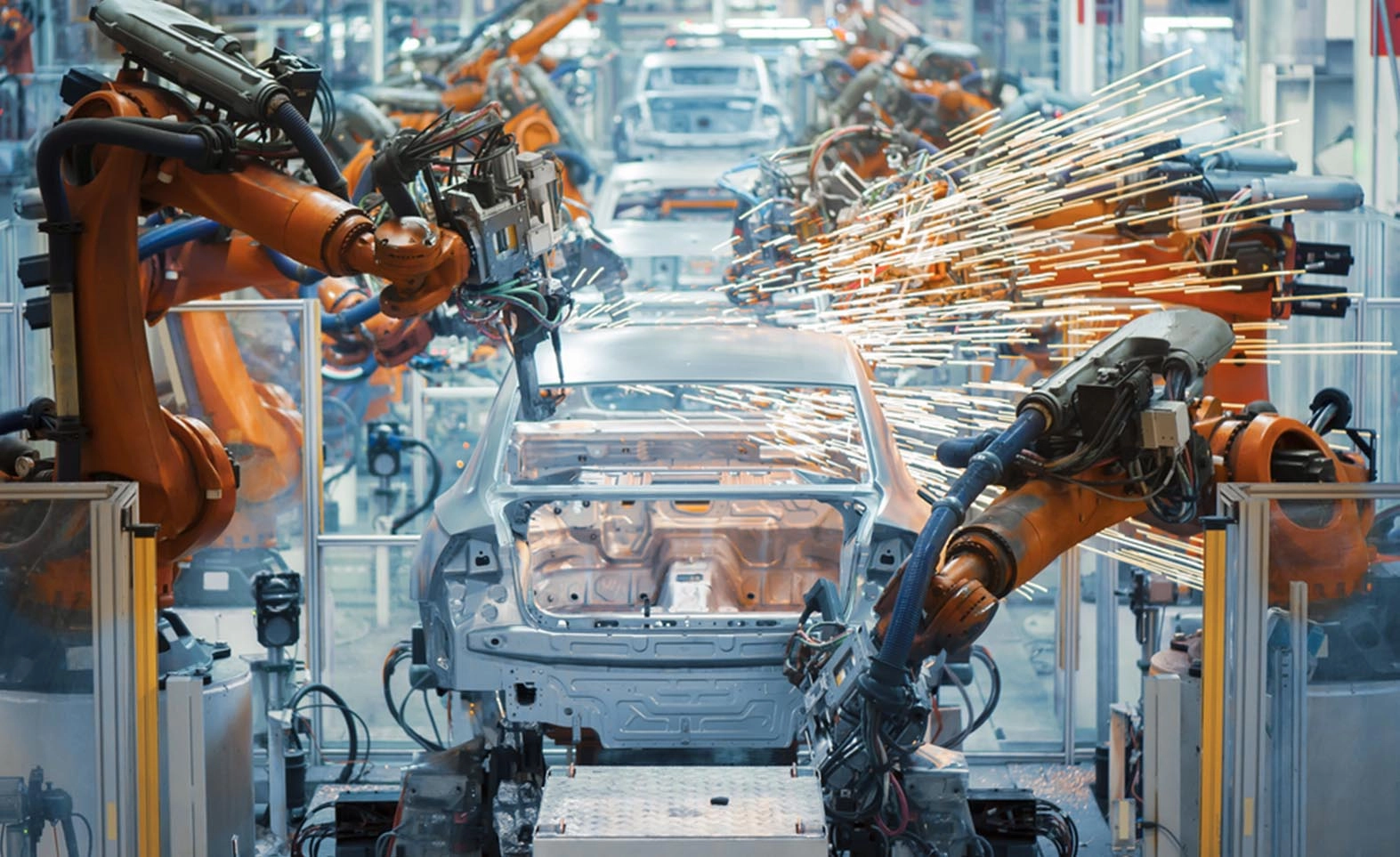
In 2022, car production reached 28 million units, while motorcycle production exceeded 21 million. India exported 663,000 cars and nearly 4 million two-wheelers that same year.
By comparison, Belarus, once a leader in agricultural machinery and truck manufacturing, now produces just over 20,000 tractors and 3,000 vehicles annually, primarily for Russia. Meanwhile, Russia exported only 33,000 cars in 2023, mainly to Belarus and Kazakhstan.
A Farewell Requiem
In his farewell speech in 2014, Dr. Singh reflected on his life in public service: "My life and work in public office are an open book. Serving this nation has been my privilege. There is nothing more that I could ask for."
What can those who see power not as a means for national prosperity but as an end in itself say about their legacy? Unlike Dr. Singh, they do not leave office amid applause for their accomplishments. Instead, they cling to power until they are carried out—feet first.
